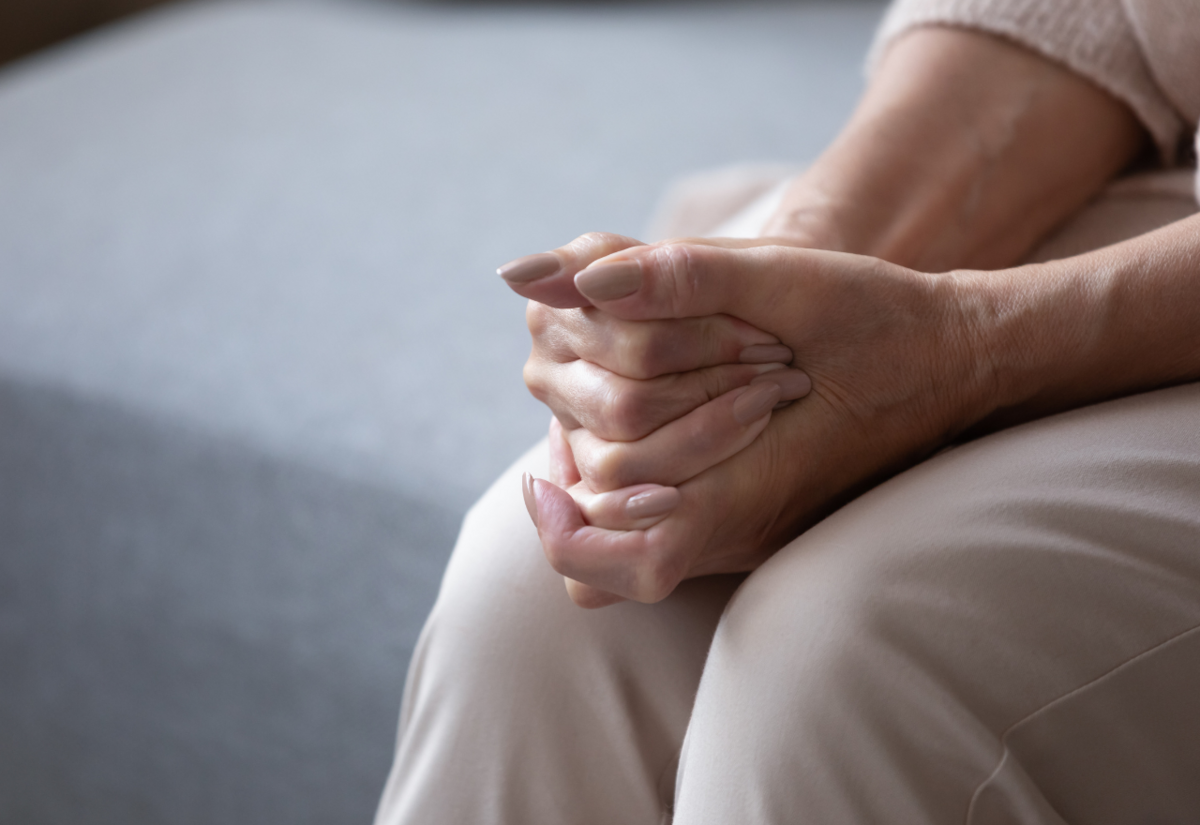Loneliness Among Older Kiwis Reaches Epidemic Levels
Staff Reporter
12 November 2024, 8:31 PM
 The new study highlights rising isolation in older Kiwis.
The new study highlights rising isolation in older Kiwis.Loneliness and social isolation among older New Zealanders have reached epidemic proportions, a new study has found.
The research, commissioned by Age Concern Auckland, reveals that 59% of participants have recently felt lonely or socially isolated, with nearly a third (30%) experiencing these feelings frequently or always.
The 'Breaking Barriers' study, which surveyed respondents in Auckland and Bay of Plenty, paints a complex picture of interconnected factors contributing to this growing issue.
Financial insecurity, rising living costs, and limited retirement savings are major drivers of loneliness, with many older adults struggling to make ends meet.
Health concerns, such as long wait times for elective surgeries and high insurance premiums, exacerbate anxiety and hinder social participation.
Access to affordable housing also plays a significant role.
Many older Kiwis are either priced out of the housing market or forced to live in substandard conditions.
The study found that 70% of those in social housing had experienced loneliness, the highest rate across all accommodation types.
The report also notes that the trend of adult children moving overseas is leaving older adults emotionally and geographically isolated.
In Auckland, 44% of the elderly population consists of migrants, many of whom face loneliness after their children leave.
The use of technology, including social media, has not proven effective in alleviating isolation.
The study found that 75% of participants with social media access still reported feelings of loneliness, and almost two-thirds (64%) of those who were proficient with smartphones also experienced isolation.
Kevin Lamb, CEO of Age Concern Auckland, highlighted the severe health impacts of loneliness, comparing them to those of chronic conditions like smoking and obesity.
He has called for a Minister of Loneliness, a position already established in the UK and Japan, to spearhead national strategies aimed at reducing social isolation and improving mental health.
The report also emphasises the need for greater funding for social connection initiatives and mental health services for older adults.
It advocates for community-based activities, volunteer programmes, and efforts to combat ageism.
Additionally, the study draws attention to the unique challenges faced by Maori in rural areas, where healthcare access and support services are limited.
Over a third (34%) of Maori kaumatua live in rural areas, and the report calls for equitable access to resources for older adults, particularly in these communities.

